We were lucky to catch up with Carrie Tupper recently and have shared our conversation below.
Carrie, thanks for taking the time to share your stories with us today We’d love to hear your thoughts about making remote work effective.
We moved to largely remote work about a year before COVID hit. Being a part-time freelancer and full-time comic creator meant that working remotely was part of the job from the get go. Tools like Slack, Zoom and general text have of course been helpful, but more integral has been creating a place where my team and I can talk openly and communicate concerns.
One of my favorite things we’ve done was create a room in Slack specifically to talk about our daily limitations by using the “Spoon Theory.” In this theory you begin each day with a certain set of spoons. The amount of spoons each day can change depending on a number of factors, mental, physical, emotional, etc. Every task an individual performs — depending on how difficult it was for them — they lose spoons, meaning more will get taken away. And when they’re gone, a person has no energy left to focus on anything but their own survival.
This theory has helped us figure out what tasks are the most important. It’s also helped us work within the limitations that stressors from upheavals of all stripes can cause. Putting mental health at the forefront of our work life has helped us all do our best and get more accomplished while also respecting individual limitations.
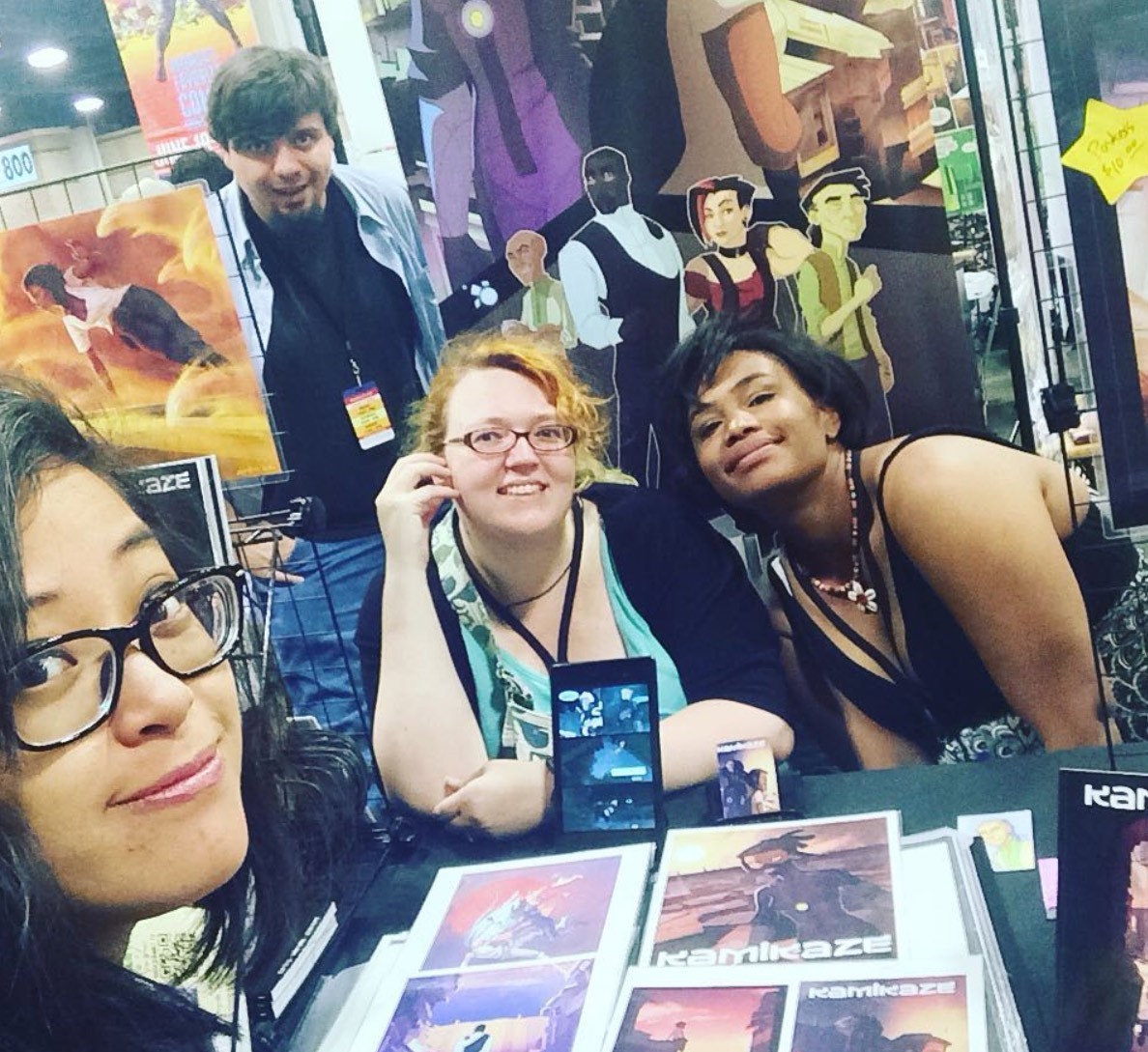
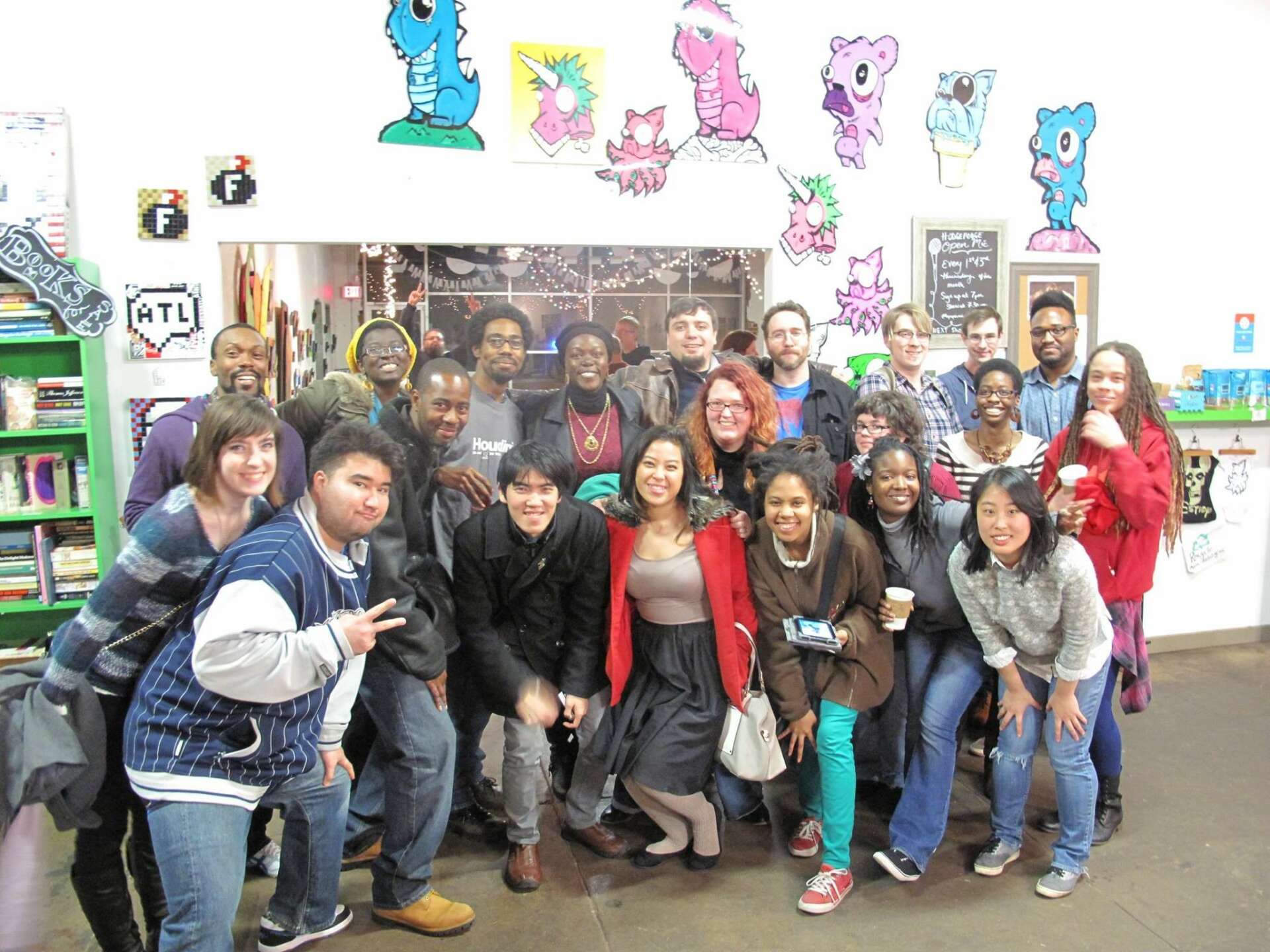
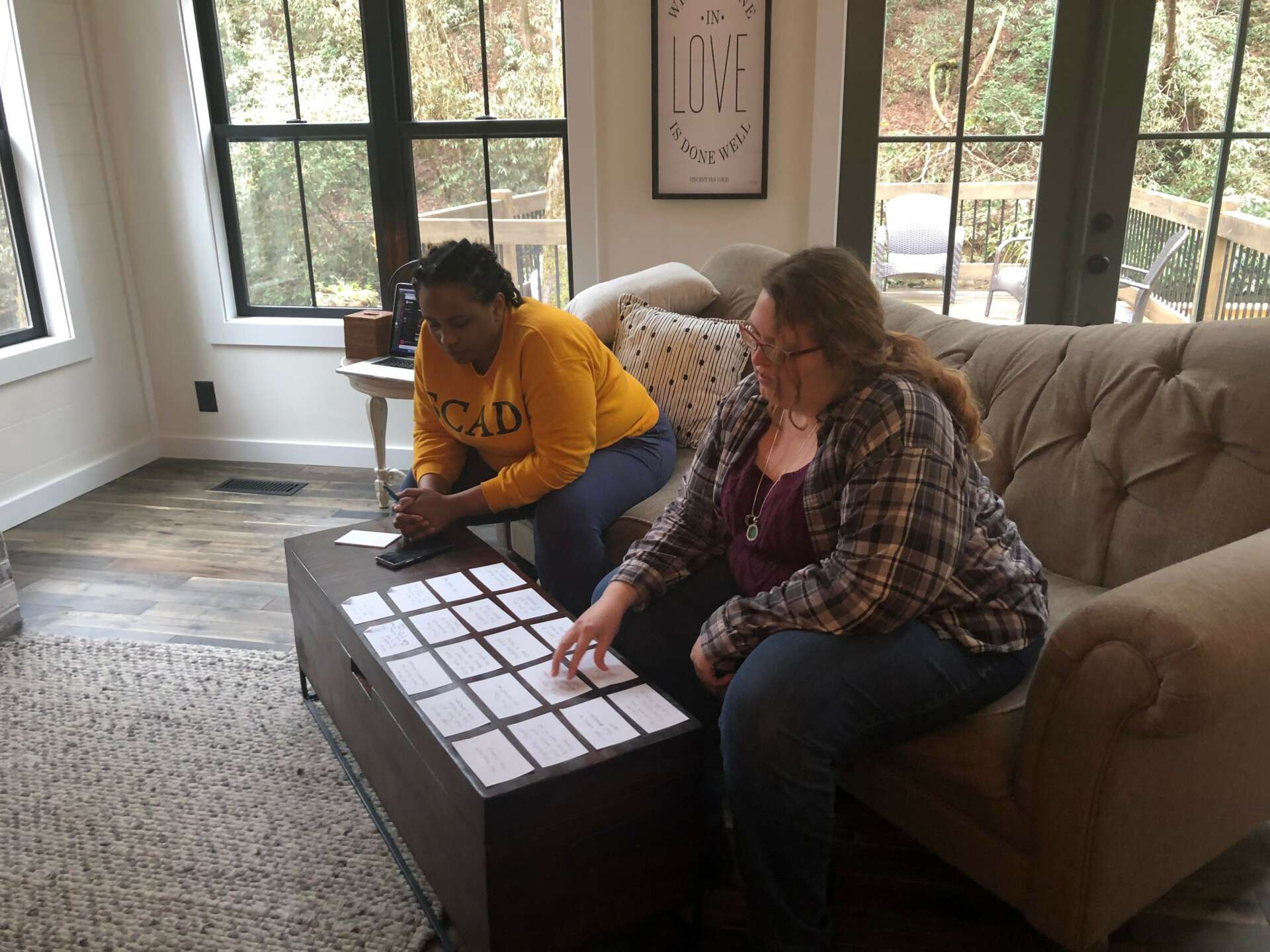
Carrie, before we move on to more of these sorts of questions, can you take some time to bring our readers up to speed on you and what you do?
I’m Carrie Tupper, a jill-of-all-trades when it comes to creative work. I do everything from animation development, comic art, writing scripts for both screen and comic platforms, as well as creating embroidered artwork as a small side business. Right now my company Moving Ink Media, LLC creates indie comic and animation. Our most well known project is “Kamikaze.”
“Kamikaze,” is an award winning comic series (and animated short!!) about a young courier turned fledgling covert operative. Our main character, Markesha Nin, just wants to get rent paid, and after a job stiffs her, she takes a risky gig that blows up in her face. She’s thrown into the path of a mysterious organization and choses to join not only as a means to keep herself alive, but as a chance to change her city for the better. It’s kind of like if “Arcane” and “Mad Max” had a baby, with “Batman Beyond” as the uncle.
You can read Kamikaze at KamikazeComic.com or on Tapas.io!
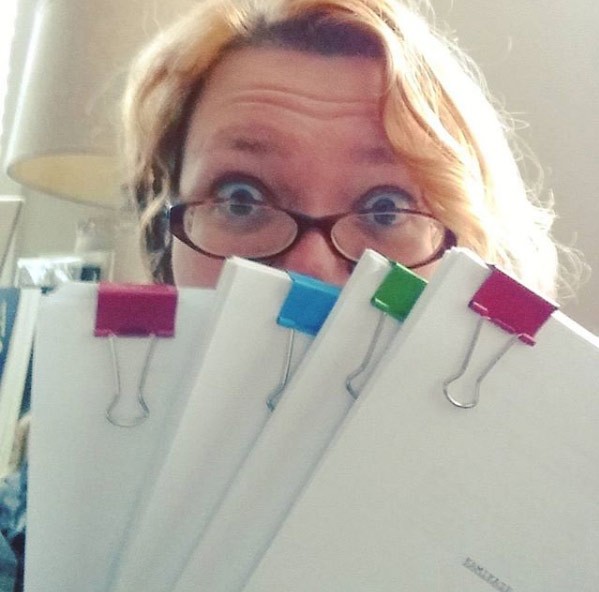
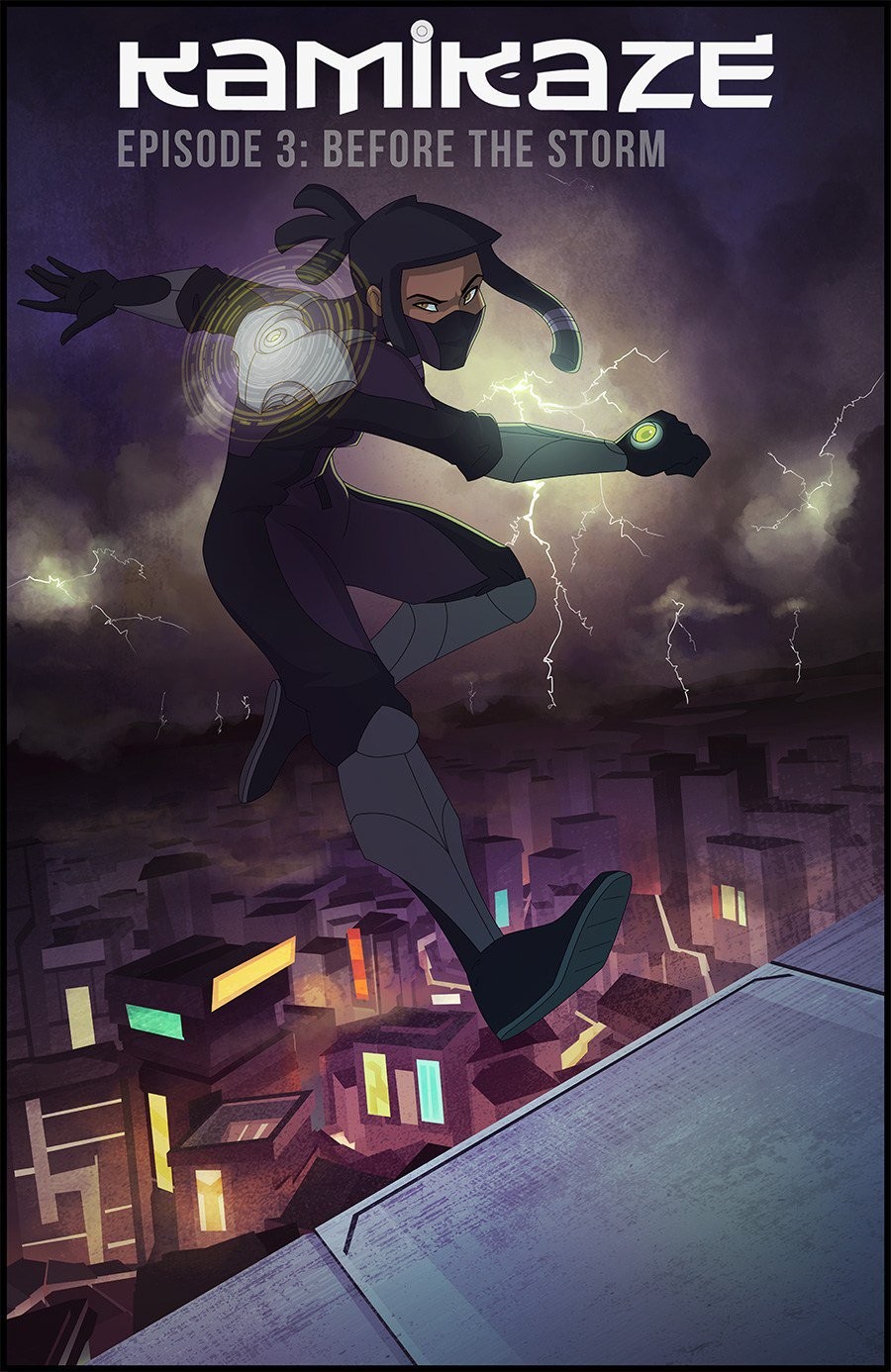
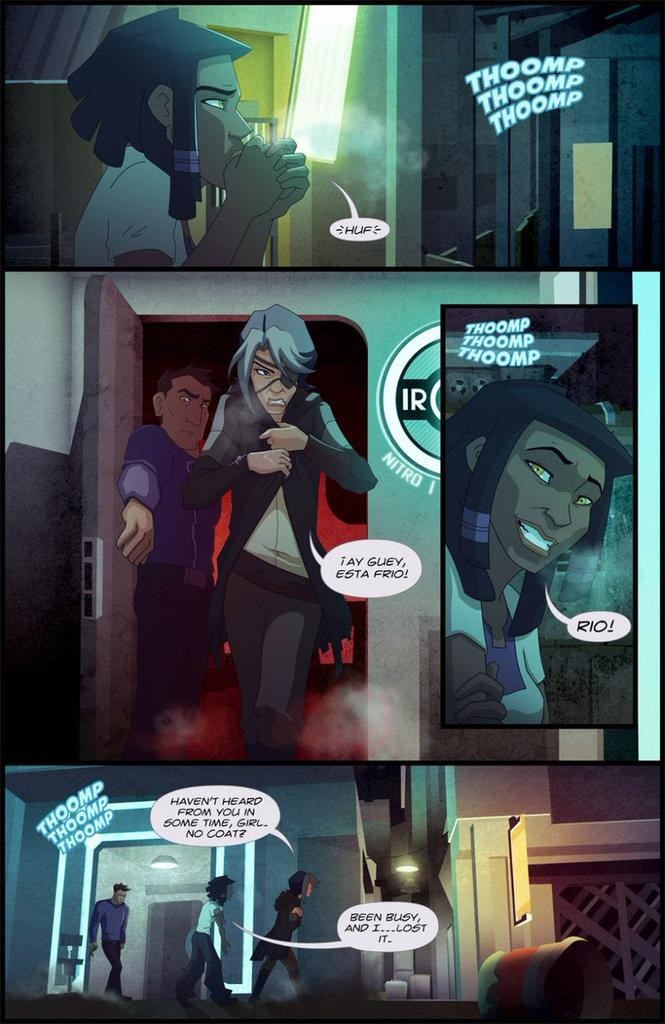
Can you share your view on NFTs? (Note: this is for education/entertainment purposes only, readers should not construe this as advice)
NFTs are a harmful. As an artist myself and creator, I know too many people who’ve been swindled or had their own work stolen for someone else’s profit. Add in the environmental cost, cost of housing, cooling down your tech, and constant upgrades you’re looking at a system that benefits no one but get-rich-quick grifters. Honestly, anything that works on the basis of The Greater Fool Theory is created to be predatory.
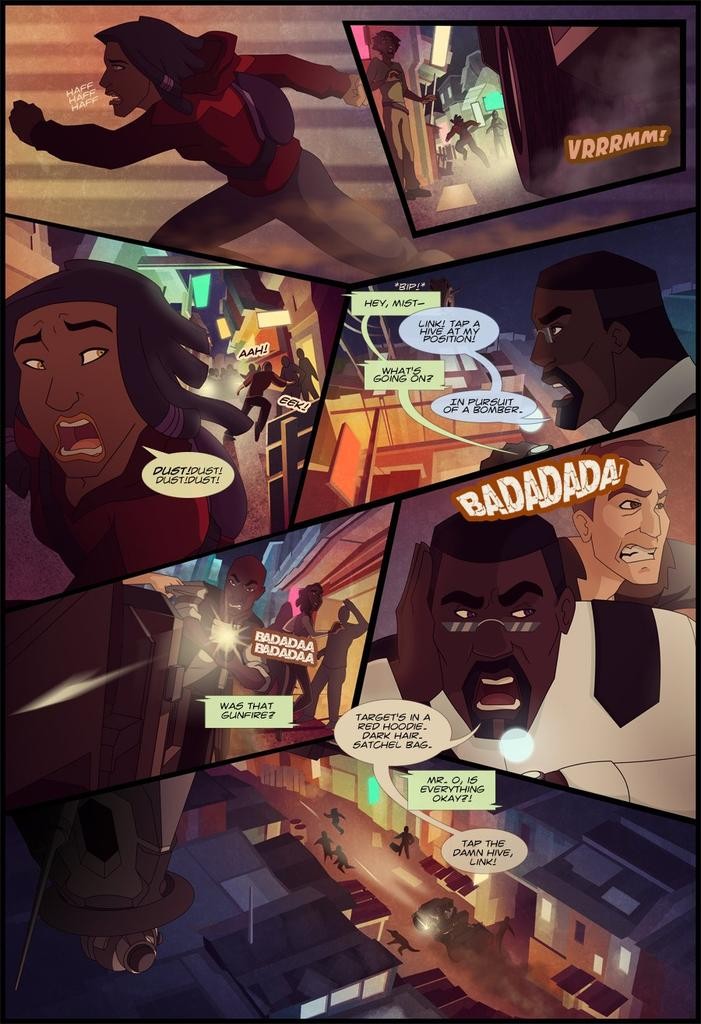
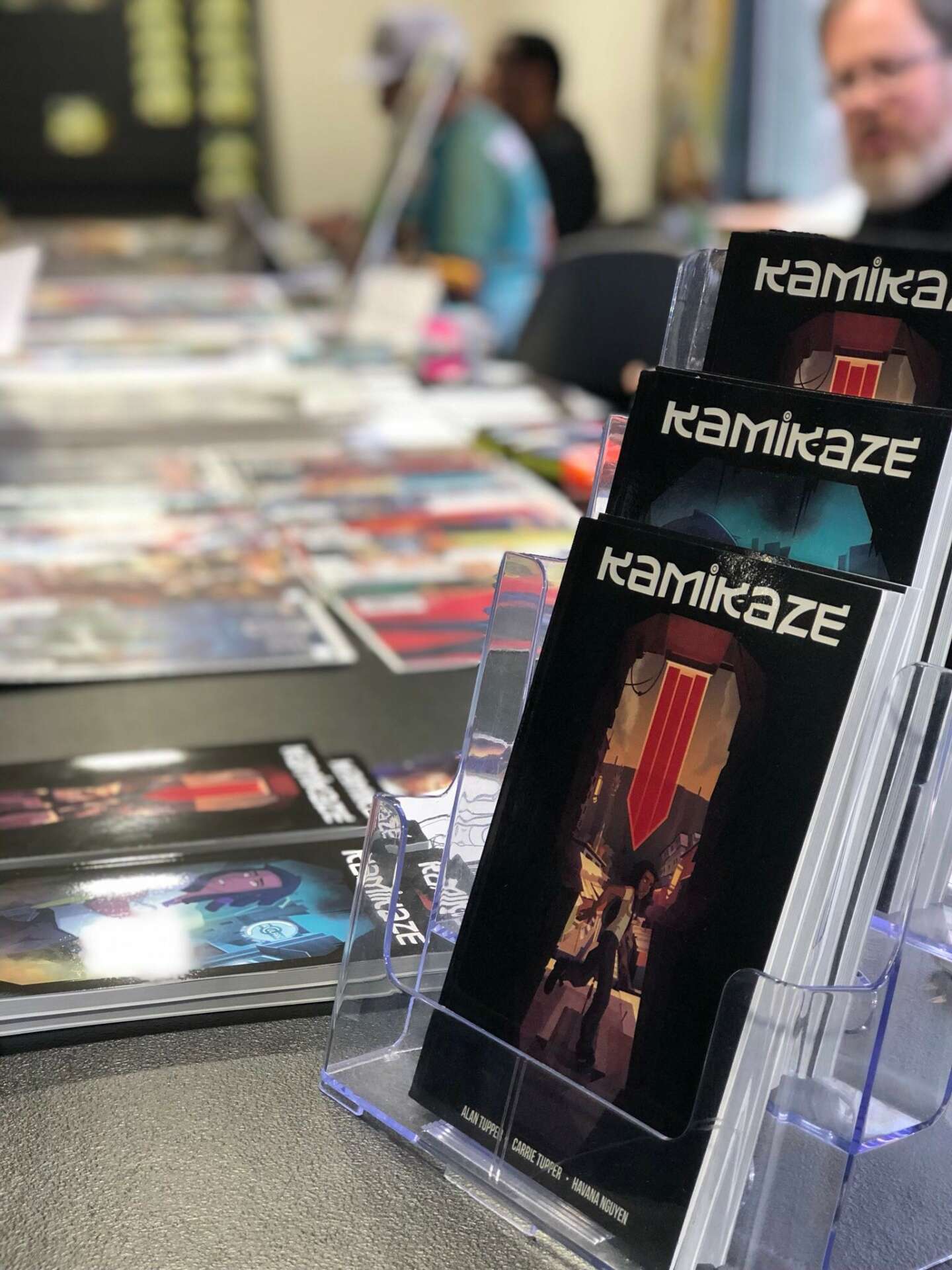
How do you keep your team’s morale high?
Focus on mental health and providing room for vulnerability without punishment. Find the middle road between expectations of work and understanding individual limitations. Abide by Maslow’s Hierarchy of Needs, and foster a culture of openness so the people who work with you can openly talk about what they need.
For real, money is absolutely important to running your business, but beyond that, your PEOPLE are the most important aspect of your company, and nothing gets done without them. Showing grace, compassion, understanding and providing assistance as you can will do more to create a workplace that your team feels safe in. According to a recent study, 45% of people have cried at work, and with a culture that currently see’s such human emotions as unprofessional or even unhinged, that’s not going to help anyone. If your employees are crying at work and trying to hide it, that’s because they fear repercussions from you. That means you’re creating a space where they don’t find it safe to show emotions, and that is a failing on leaderships part, not the employee.
As far as morale? I recently saw someone talk about giving their new employees an intake questionnaire when they’re hired. The whole point was to find out what your employee liked, enjoyed eating, brands they enjoyed, etc as a measure of providing meaningful rewards for good work. This person was saying that if they found out their employee loved Louis Vuitton, so as a reward for outstanding work they spent A LOT of money on a bag for their employee. A nice gesture for sure, but instead of getting them a bag, why not give them the agency to CHOOSE what they want by giving them the money outright?
Y’all we are living through *checks notes* two pandemics, judicial upheaval against human rights, bordering on a new recession, rising costs for basic needs, a flailing medical system, a housing crisis, and increasing civil unrest. Trying to force a culture of high morale is not going to help anything. The best reward for good work is good pay. The best you’re going to do for high morale is helping your team feel safe, paid well and on-time.
Contact Info:
- Website: https://www.kamikazeanimated.com/
- Instagram: https://www.instagram.com/mermaidshells
- Twitter: https://twitter.com/mermaidshells/


